The Growing Role of Social Media Evidence in Accident Cases
Social media has changed how we communicate, share experiences, and gather information. This pervasive presence has extended into the legal realm, where social media evidence is playing an increasingly significant role in accident cases. Any good car accident lawyer san antonio texas knows that more individuals share details of their lives online, and the content they post can provide critical insights into the circumstances surrounding accidents, the extent of injuries, and the credibility of claims. This article explores the growing importance of social media evidence in accident cases.
The Impact of Social Media on Evidence Collection

Social media platforms such as Facebook, Instagram, Twitter, and LinkedIn have become rich sources of information that can serve as evidence in legal cases. Photos, videos, status updates, check-ins, and even comments can offer valuable insights into the events leading up to an accident, the aftermath, and the behavior of the parties involved. For instance, a person claiming severe injuries from an accident might post pictures of themselves engaging in physically demanding activities, which could contradict their claims and influence the case’s outcome.
Social media evidence can help establish timelines, confirm locations, and provide context that might be missing from traditional forms of evidence. For example, a timestamped post can verify the presence of an individual at a specific location and time, corroborating or refuting testimonies.
Benefits of Using Social Media Evidence
The use of social media evidence in accident cases offers several benefits. Firstly, it can enhance the accuracy and comprehensiveness of the evidence presented in court. Traditional evidence, such as witness statements and physical records, can sometimes be incomplete or biased. Social media content provides an additional layer of verification, helping to paint a more complete picture of the incident.
Secondly, social media evidence can expedite the legal process. In some cases, it can quickly reveal inconsistencies in claims, leading to faster resolutions. Thirdly, social media evidence is often accessible and cost-effective to obtain. Unlike some forms of evidence that require significant resources and time to gather, social media content is readily available online and can be accessed relatively easily with proper legal procedures.
Challenges and Ethical Considerations

Despite its advantages, the use of social media evidence in accident cases comes with challenges and ethical considerations. One major challenge is the issue of privacy. Individuals have varying expectations of privacy when using social media, and accessing their content for legal purposes can raise ethical and legal questions. Courts must balance the need for relevant evidence with the protection of individuals’ privacy rights.
The authenticity and reliability of social media content also pose challenges. Individuals can manipulate or delete posts, making it essential for legal professionals to verify the authenticity of the evidence. Additionally, the context of social media posts can be misinterpreted, leading to potential misunderstandings.
There are also concerns about the potential for bias and prejudice. Social media activity can be taken out of context, leading to unfair judgments about an individual’s character or behavior. Legal professionals must ensure that social media evidence is used fairly and objectively, without unduly influencing the case’s outcome based on incomplete or misleading information.
Implications for Legal Proceedings
The growing role of social media evidence in accident cases has significant implications for legal proceedings. Lawyers must become proficient in navigating social media platforms and understanding the nuances of digital evidence. They must also be aware of the legal procedures for obtaining social media content, including issues related to subpoenas, search warrants, and privacy laws.
For individuals involved in accident cases, it is crucial to be mindful of their social media activity. Posting about the incident, discussing legal strategies, or sharing content that could be misinterpreted can impact the case. Legal advisors often recommend refraining from social media activity related to the accident until the case is resolved.
Courts and legal institutions are also adapting to the increasing use of social media evidence. Judges must be knowledgeable about the digital landscape and the implications of social media content on legal decisions. This evolving landscape requires continuous education and adaptation to ensure that social media evidence is used effectively and ethically in legal proceedings.…










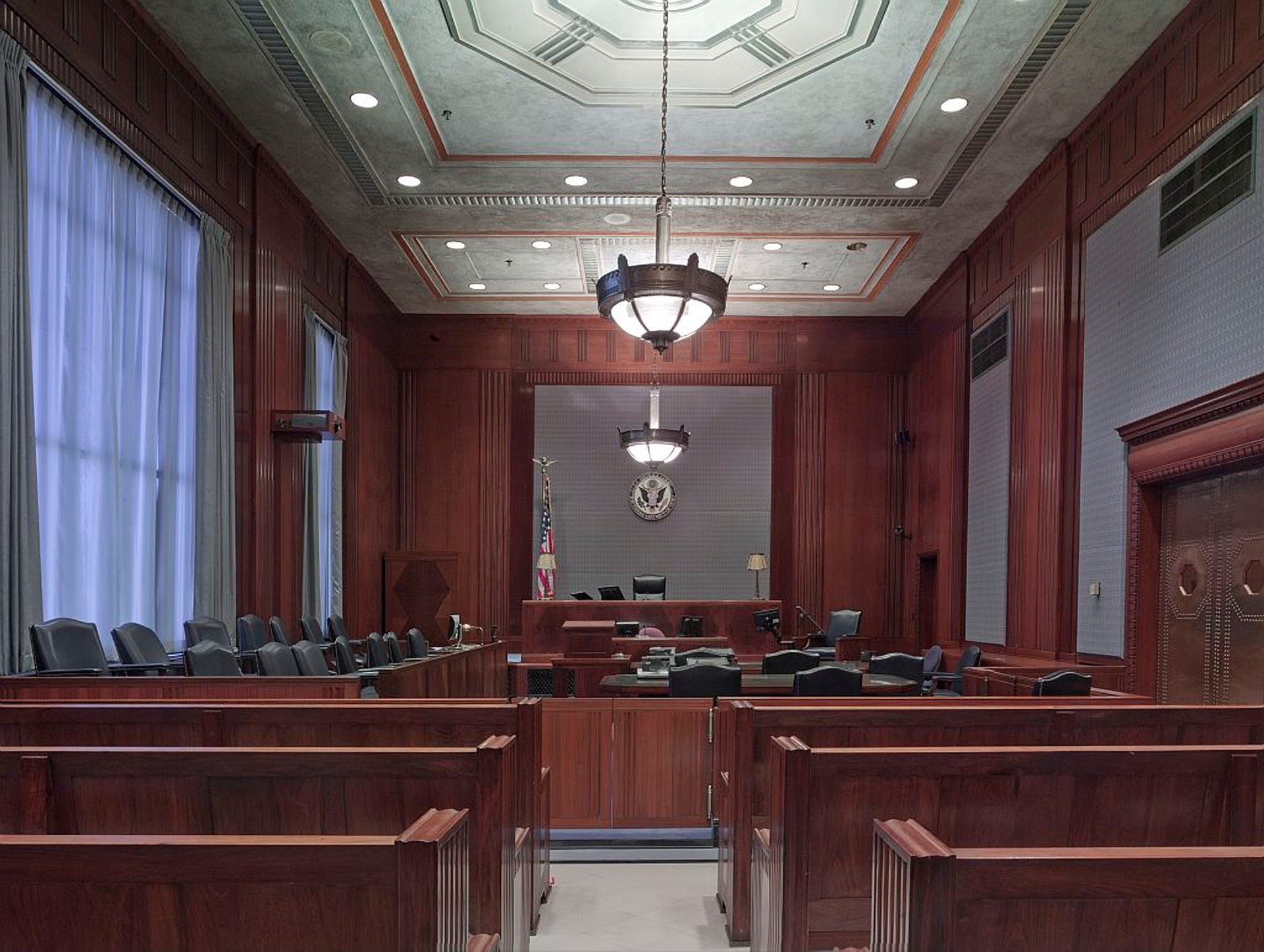



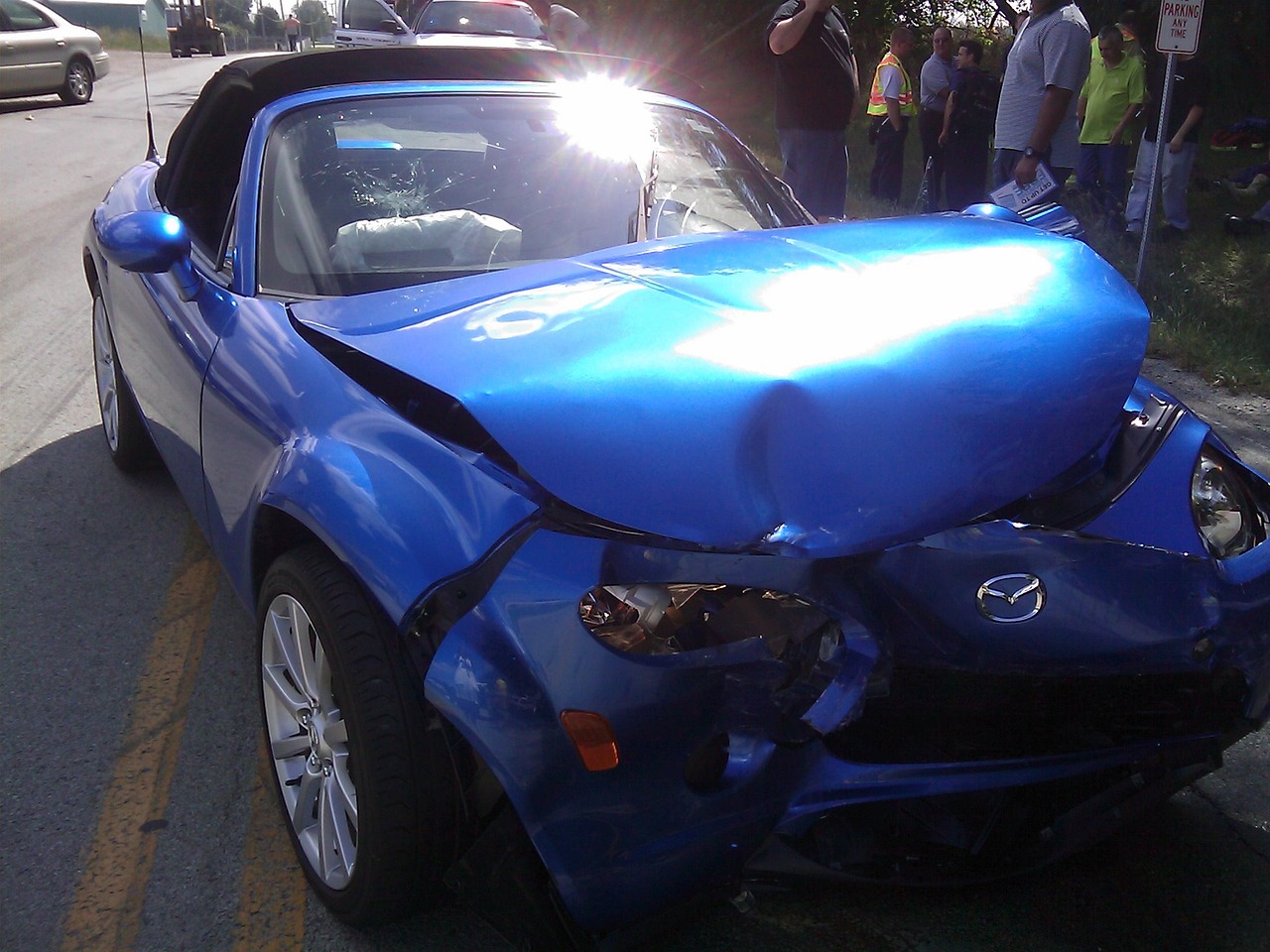
 After an accident, it is vital to seek medical attention right away. Even if it appears that the only damage sustained was minor bruising and scrapes, internal injuries can go unnoticed. Also, if a lawsuit is filed later, proving that injuries were sustained in the car accident can be more challenging.
After an accident, it is vital to seek medical attention right away. Even if it appears that the only damage sustained was minor bruising and scrapes, internal injuries can go unnoticed. Also, if a lawsuit is filed later, proving that injuries were sustained in the car accident can be more challenging. When filing a car accident lawsuit, it is important, to be honest with your attorney regarding any details from before and after the crash. If any evidence could hurt your case, it is best to provide as much information as possible so that the lawyer can advise accordingly.
When filing a car accident lawsuit, it is important, to be honest with your attorney regarding any details from before and after the crash. If any evidence could hurt your case, it is best to provide as much information as possible so that the lawyer can advise accordingly.
 If you have suffered an injury due to another person’s negligence, or if someone else has caused damage to your property, you should contact a lawyer as soon as possible. A lawyer can help ensure that you receive the compensation that is rightfully yours from any liable party. You may also need legal representation in court to pursue a personal injury claim.
If you have suffered an injury due to another person’s negligence, or if someone else has caused damage to your property, you should contact a lawyer as soon as possible. A lawyer can help ensure that you receive the compensation that is rightfully yours from any liable party. You may also need legal representation in court to pursue a personal injury claim.
 In many other cases, it is best to seek the advice of a lawyer. This can include situations such as disputes with neighbors or business partners, challenging medical bills, pursuing an inheritance claim, and more. An attorney will be able to provide guidance on the relevant laws and recommend any necessary steps to protect your rights.
In many other cases, it is best to seek the advice of a lawyer. This can include situations such as disputes with neighbors or business partners, challenging medical bills, pursuing an inheritance claim, and more. An attorney will be able to provide guidance on the relevant laws and recommend any necessary steps to protect your rights. The Arizona Lemon Law is regulated in Arizona that protects consumers against manufacturers who sell defective vehicles. You need to know your rights under the Arizona Lemon Law, which laws apply to you, and what they cover. For example, if your vehicle is a new car, Arizona Lemon Laws will most likely apply to you.
The Arizona Lemon Law is regulated in Arizona that protects consumers against manufacturers who sell defective vehicles. You need to know your rights under the Arizona Lemon Law, which laws apply to you, and what they cover. For example, if your vehicle is a new car, Arizona Lemon Laws will most likely apply to you. So now, do you wonder about your rights as a consumer who just bought a defective new car? Suppose you have purchased or leased a new vehicle under Lemon Law protection in Arizona. It has defects that prevent it from being driven safely and without causing injury. In that case, Lemon Laws will most likely apply to your situation.
So now, do you wonder about your rights as a consumer who just bought a defective new car? Suppose you have purchased or leased a new vehicle under Lemon Law protection in Arizona. It has defects that prevent it from being driven safely and without causing injury. In that case, Lemon Laws will most likely apply to your situation.
 Choosing the proper structure for a business is necessary because when you fail from the start, you find yourself with avoidable legal issues. You get more exposed to liability in sole proprietorship and partnerships than a c corporation or LLC. On the other hand, by hiring a lawyer to analyze the business and understand the liabilities, startup costs, and tax obligations, you can decide on the most suitable business structure.
Choosing the proper structure for a business is necessary because when you fail from the start, you find yourself with avoidable legal issues. You get more exposed to liability in sole proprietorship and partnerships than a c corporation or LLC. On the other hand, by hiring a lawyer to analyze the business and understand the liabilities, startup costs, and tax obligations, you can decide on the most suitable business structure. When you appoint a legal professional for the company, you have the business interest in mind. A professional lawyer can provide independent and unbiased advice to enable you to make the most practical choices in the business.
When you appoint a legal professional for the company, you have the business interest in mind. A professional lawyer can provide independent and unbiased advice to enable you to make the most practical choices in the business.  When you don’t have experience handling the purchase of commercial property, you can encounter some problems along the way. They include tenant claims, corporate owners, leaseholds, and environmental issues. Resolving such cases is not always easy. However, with previous experience, you can navigate the dilemmas. An attorney has the necessary knowledge and can advise when unique problems arise. In that way, such details cannot stall the process.
When you don’t have experience handling the purchase of commercial property, you can encounter some problems along the way. They include tenant claims, corporate owners, leaseholds, and environmental issues. Resolving such cases is not always easy. However, with previous experience, you can navigate the dilemmas. An attorney has the necessary knowledge and can advise when unique problems arise. In that way, such details cannot stall the process.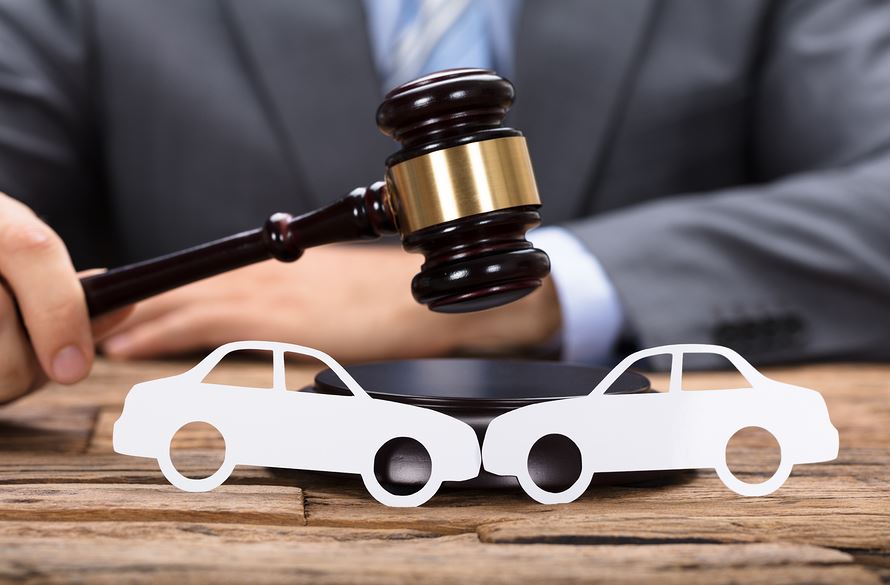
 when you are involved in an accident or find yourself in a
when you are involved in an accident or find yourself in a 
 You can ask your family or friend to refer his injury lawyer. They can always refer you to attorneys who handled their case inthe past. Taking to people or friend you trust is one of the best ways of finding a reputable personal injury lawyer. Apart from your friends, you can consider asking someone else or pastor located in your local area.
You can ask your family or friend to refer his injury lawyer. They can always refer you to attorneys who handled their case inthe past. Taking to people or friend you trust is one of the best ways of finding a reputable personal injury lawyer. Apart from your friends, you can consider asking someone else or pastor located in your local area.

 One common thing about law firms is that they are always busy trying to resolve different issues. This can result in them not paying the desired attention to your case. If you come across such a firm, then that is a sign that you should run. An ideal law firm will always make themselves available for you, and they ensure that there is effective communication between you and them.
One common thing about law firms is that they are always busy trying to resolve different issues. This can result in them not paying the desired attention to your case. If you come across such a firm, then that is a sign that you should run. An ideal law firm will always make themselves available for you, and they ensure that there is effective communication between you and them.

 One thing to remember is that you must never aspire to follow those celebrities on television with their never-ending cases to take into the court. It is vital, thus, to measure the substance of the issue you are dealing with. Of course, it is still possible to take your family problems to the courthouse, especially when it involves inheritance and divorce.
One thing to remember is that you must never aspire to follow those celebrities on television with their never-ending cases to take into the court. It is vital, thus, to measure the substance of the issue you are dealing with. Of course, it is still possible to take your family problems to the courthouse, especially when it involves inheritance and divorce.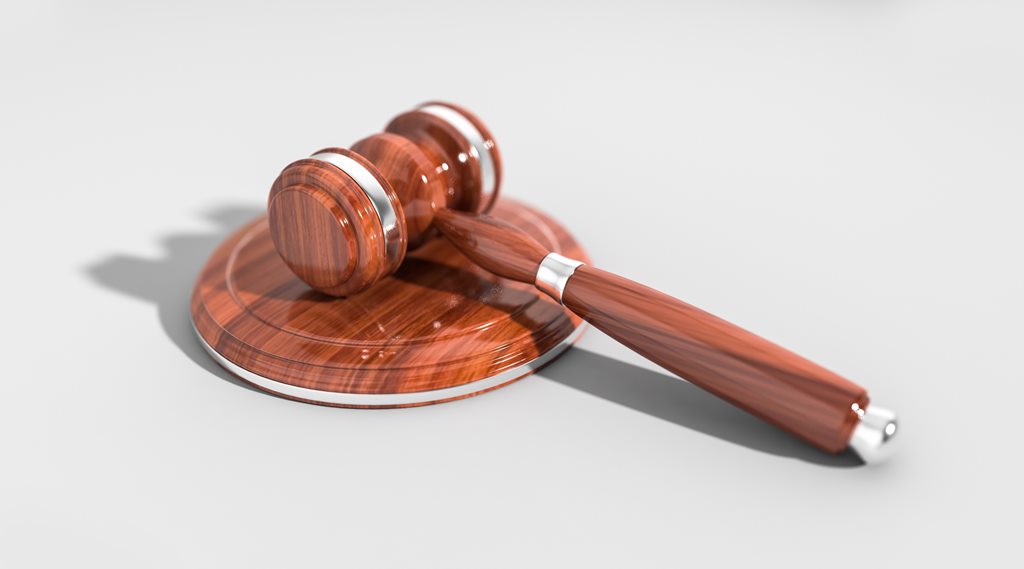


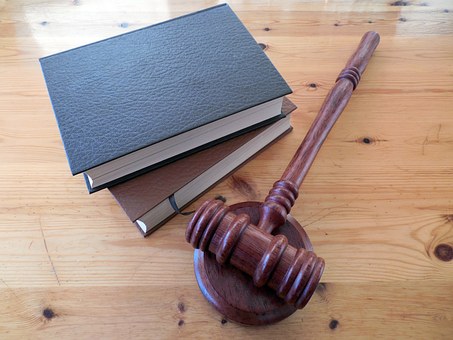

 As what was mentioned above, the experience of the attorney must be immigration-related. This is because lawyers have their own areas of specialization. For instance, divorce attorneys could not help you with your US Immigration Plan. With that said, pay attention to the field of expertise of the lawyer.
As what was mentioned above, the experience of the attorney must be immigration-related. This is because lawyers have their own areas of specialization. For instance, divorce attorneys could not help you with your US Immigration Plan. With that said, pay attention to the field of expertise of the lawyer.
 Once a person starts working in a company, he or she has rights. The employer as well the employee, both have rights to exercise in time of need. As far as the latter is concerned, it is vital that he or she is well-aware of the rights they possess. They should know what they should do and what they should not do, and once the person has the absolute know-how of their privileges, only then can they truly work with freedom and display their true skills.
Once a person starts working in a company, he or she has rights. The employer as well the employee, both have rights to exercise in time of need. As far as the latter is concerned, it is vital that he or she is well-aware of the rights they possess. They should know what they should do and what they should not do, and once the person has the absolute know-how of their privileges, only then can they truly work with freedom and display their true skills. Another point that a lot of people do not understand is that an employee can only do so much. There are tasks that one signs up for and there are tasks that they do not. The tasks that they have not signed up, the employer cannot make you do them. If they are pushing you to perform them, then you have the right to take legal action to safeguard your interests and rights. You do not have to bow down to their demands only because you need to secure your job.…
Another point that a lot of people do not understand is that an employee can only do so much. There are tasks that one signs up for and there are tasks that they do not. The tasks that they have not signed up, the employer cannot make you do them. If they are pushing you to perform them, then you have the right to take legal action to safeguard your interests and rights. You do not have to bow down to their demands only because you need to secure your job.…
 When you are looking for an experienced attorney, it is advisable to hire a good lawyer with a good reputation. This, therefore, means that you will do your homework and find some of the leading criminal defense lawyers in your area. However, you will realize that many professional lawyers acquire businesses through repeat offenders, publicity, word of mouth, and referrals. Therefore, if you read through the client reviews, you will at least have an idea concerning the lawyer’s liability.
When you are looking for an experienced attorney, it is advisable to hire a good lawyer with a good reputation. This, therefore, means that you will do your homework and find some of the leading criminal defense lawyers in your area. However, you will realize that many professional lawyers acquire businesses through repeat offenders, publicity, word of mouth, and referrals. Therefore, if you read through the client reviews, you will at least have an idea concerning the lawyer’s liability. When you are looking for a criminal defense lawyer, then ensure that you choose one who is experienced. It is advisable to hire a lawyer who knows what he or she is doing. Therefore, if you want to know whether your lawyer is experienced, you need to check on the cases your lawyer has won. This is one of the great ways to check whether your attorney is experienced.
When you are looking for a criminal defense lawyer, then ensure that you choose one who is experienced. It is advisable to hire a lawyer who knows what he or she is doing. Therefore, if you want to know whether your lawyer is experienced, you need to check on the cases your lawyer has won. This is one of the great ways to check whether your attorney is experienced.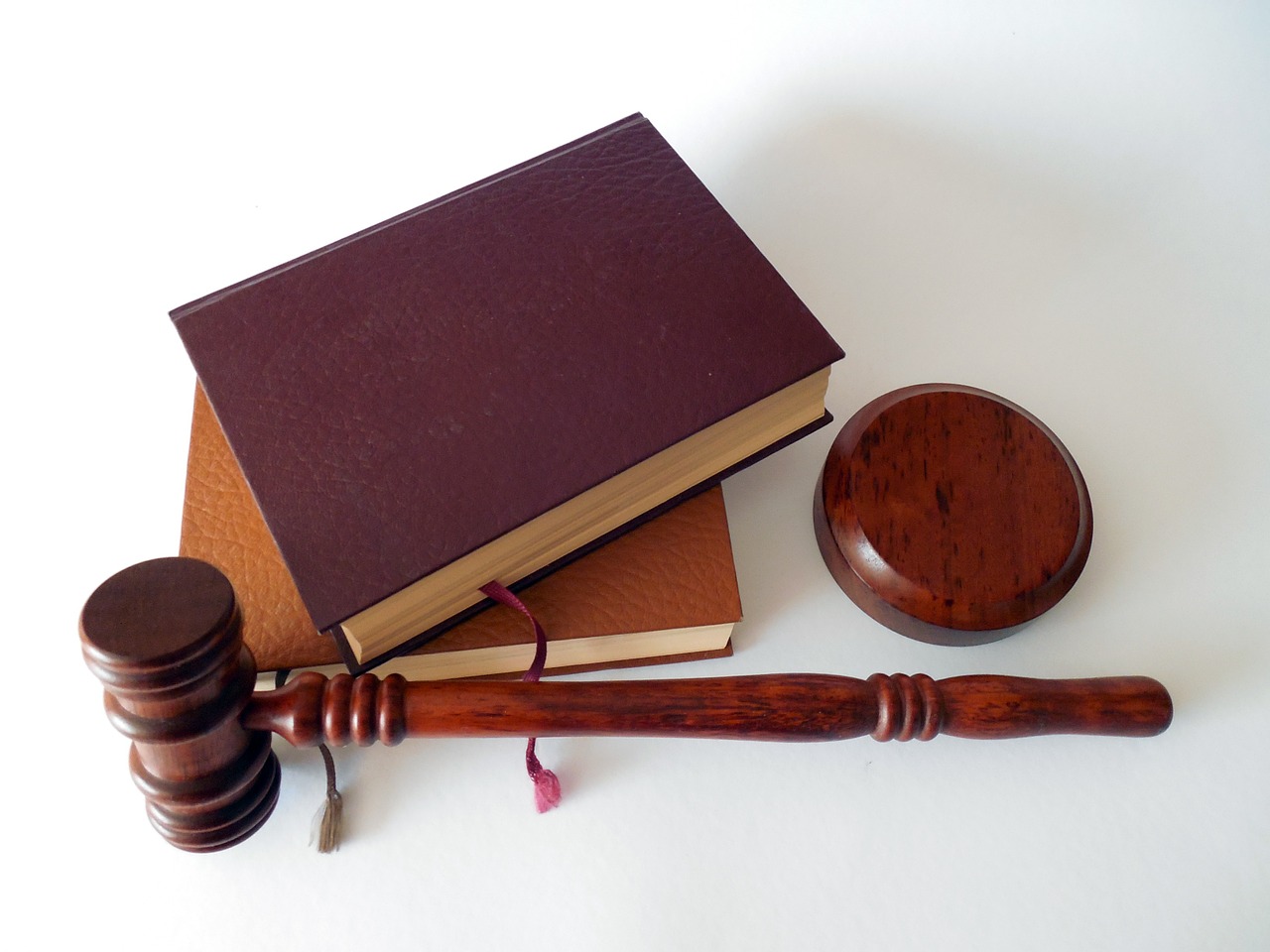
 When you are looking for a
When you are looking for a 

 firm with a good reputation means that the company has worked well with winning a lot of cases. Similarly, a good reputation can be that the law firm has won some of the most high profile cases. Such a law firm will be the best option to work with because you will be assured of the quality services that they offer.
firm with a good reputation means that the company has worked well with winning a lot of cases. Similarly, a good reputation can be that the law firm has won some of the most high profile cases. Such a law firm will be the best option to work with because you will be assured of the quality services that they offer. Looking into your budget is another important consideration that you should put in mind as you plan to get the perfect law firm to work with. This is because most reputable firms tend to charge exorbitant fees. In such a case you can get like three preferred firms and compare their charges and then you can settle for one that will suit your needs. You should also note that a higher fee does not guarantee best legal services. Some firms also offer free consultations hence will be well positioned to work with.
Looking into your budget is another important consideration that you should put in mind as you plan to get the perfect law firm to work with. This is because most reputable firms tend to charge exorbitant fees. In such a case you can get like three preferred firms and compare their charges and then you can settle for one that will suit your needs. You should also note that a higher fee does not guarantee best legal services. Some firms also offer free consultations hence will be well positioned to work with. It is not good to assume that a person who calls himself or herself a lawyer has gone through the requisite training and development. You will be dealing with factual evidence throughout the litigation process, and it is better to start early. Confirm that the lawyer has been trained in a recognized law school and got good grades. If the lawyer has been practicing law, confirm that he or she has the right professional qualifications to defend you in a court of law. He or she should be licensed to operate in your area, for instance. He should also be a member of the local and federal lawyers’ association.
It is not good to assume that a person who calls himself or herself a lawyer has gone through the requisite training and development. You will be dealing with factual evidence throughout the litigation process, and it is better to start early. Confirm that the lawyer has been trained in a recognized law school and got good grades. If the lawyer has been practicing law, confirm that he or she has the right professional qualifications to defend you in a court of law. He or she should be licensed to operate in your area, for instance. He should also be a member of the local and federal lawyers’ association.
 When you have a piece that you have created, be it a song, book, picture or video, it is always advisable that you put a copyright notice on it, more especially before you give access or send it to someone else. The notice should have your name and date written on it. Even though some laws can restrict the time of appearance of such a notice, but it is still a good idea that anything that comes from you has such a motion, since this will warn people that the work that is on presentation entirely belongs to you.
When you have a piece that you have created, be it a song, book, picture or video, it is always advisable that you put a copyright notice on it, more especially before you give access or send it to someone else. The notice should have your name and date written on it. Even though some laws can restrict the time of appearance of such a notice, but it is still a good idea that anything that comes from you has such a motion, since this will warn people that the work that is on presentation entirely belongs to you.


